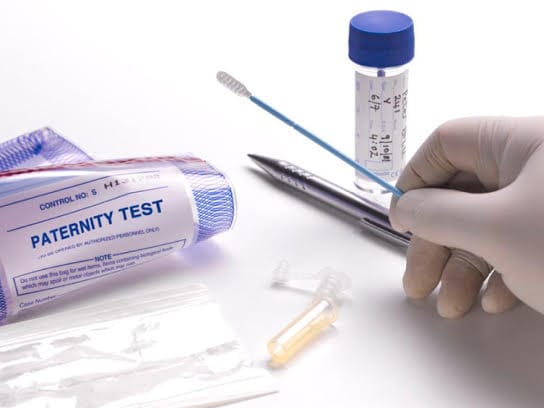
California’s Paternity Testing Laws
In the state of California, the terms “paternity” and “parentage” are often used interchangeably. In parentage court cases or paternity cases, orders are passed by the court to determine the identity of the child’s father.
In certain cases, the law might assume the father’s identity. For instance, when a child takes birth in the duration of a marriage, it is assumed that the husband of the mother is the father. Similarly, if a man continues to stay with the mother and child in a family-style setting, and showcases commitment towards the child’s development, he is assumed to be the father (though he may not be the biological parent).
In the case of unmarried parents, it becomes crucial to legally establish the parentage of a child. This involves signing a ‘Declaration of Paternity’ or getting an official Court Order which states the identity of the child’s legal parents.
It is important to establish parentage prior to custody, child support, or visitation orders being given by the Court. Couples can request the ruling judge to include visitation and custody or child support in the case that establishes parentage. In cases where the father refuses to admit parentage, the court might order the assumed mother, father and child/children to undergo genetic testing.
Genetic Testing
Genetic testing helps in determining biological parentage through a systematic process. It compares the DNA of the alleged father, the mother, and the child involved in the case. Blood testing is not usually used for DNA testing anymore. These days, DNA testing is typically done by a method called ‘Buccal Swab’, an absolutely painless technique. In case the father is unwilling to cooperate, his non-cooperation might be considered as paternity evidence by the judge.
If requested, an alleged father cannot be refused genetic testing under most circumstances. How does a man request for genetic testing? He needs to immediately file for an answer denying paternity when served with something known as ‘Summons and Complaint’. The expense for the genetic testing is typically undertaken by a local agency handling child support in the case.
The Child Support Services Department, or CSSD, schedules the genetic testing. This usually happens via an appointment either at the official CCW (Central Civil West) courthouse or at the civil contact office center (where the case is being handled).
The CSSD will schedule an appointment depending on availability. The appointment letters are sent to the PRS (Person Receiving Support), the suspected father, as well as the child.
Other Ways of Establishing Paternity
Voluntary establishment of paternity is the simplest way to go about the procedure. This happens when the mother and father of the child give their consent and sign the “Voluntary Declaration of Paternity” (VDP). In case an unmarried female ends up delivering a baby in a clinic or hospital, it is mandatory for the present medical care officials to provide her with information regarding the VDP form. The same information must also be provided to the suspected father, if present. When a father and mother sign the VDP form, they acknowledge that their parentage vis-à-vis the child. The father is then the legal father of the born child.
It is equally important for same-sex couples to establish parentage if the partners were unmarried during the birth of the child or when the woman got pregnant. For instance, when two women in a relationship (not married) decide to become the parents of a child and the partner who didn’t give birth wants a legal parent status, she would need to make a request to the court and get her parenting rights legally established.
SFLG
Maya Shulman, Esq.
Shulman Family Law Group







